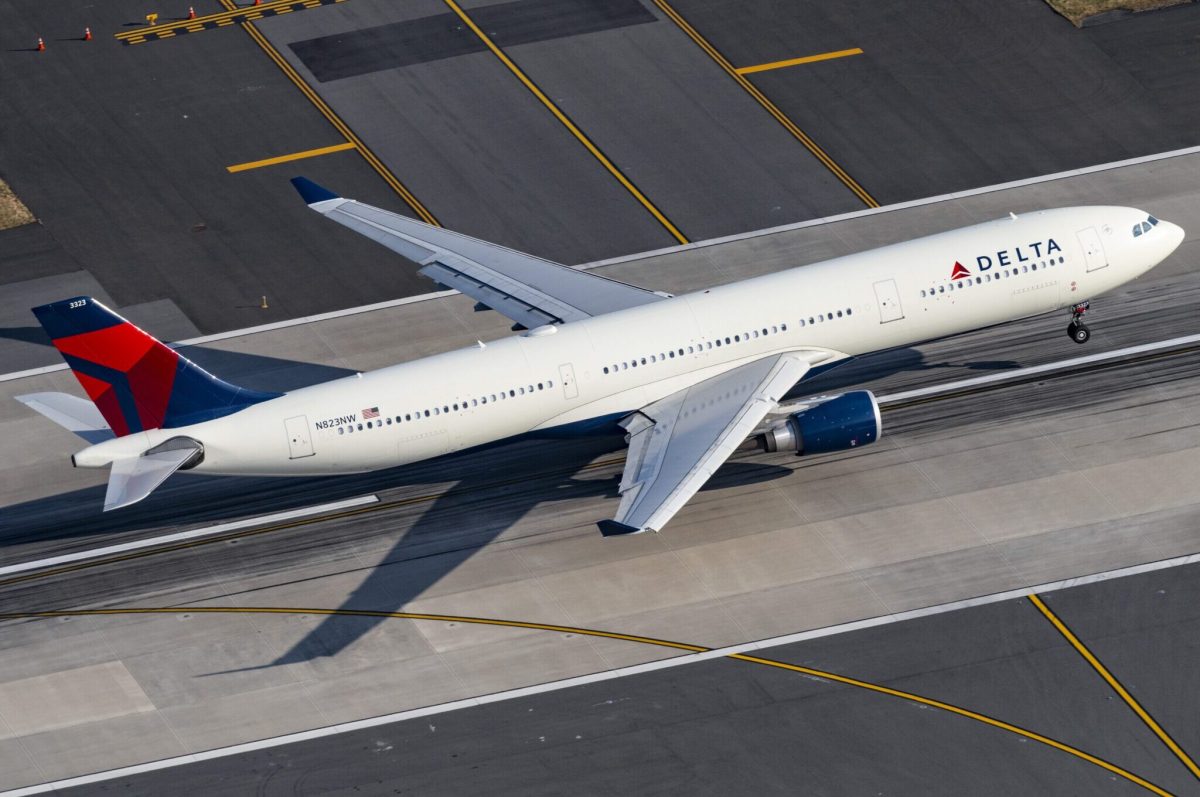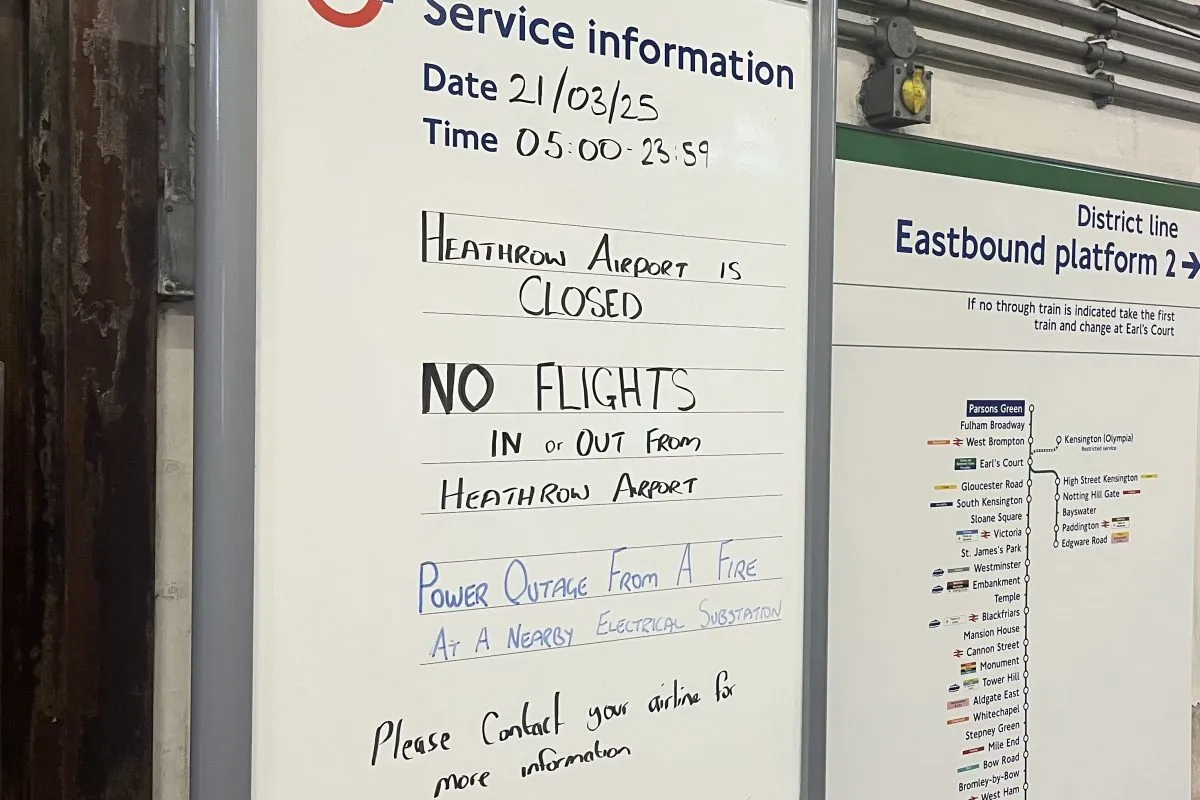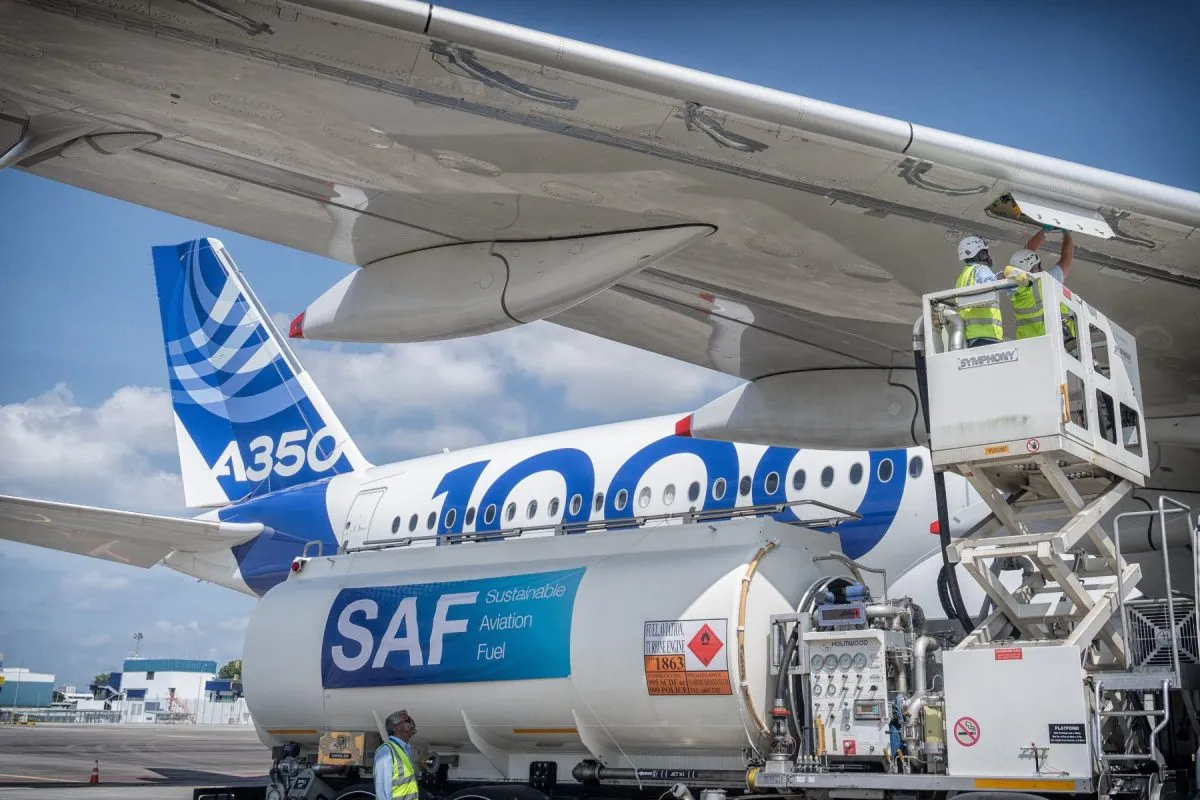How Authentic Experiences Shape the New Tourism Economy

Skift Take
In a new report, How Authentic Experiences Shape the New Tourist Economy, Skift Research looks at this rapidly evolving sector and the implications for businesses.
Multiple studies have shown that experiences are the most influential part of the travel planning process. But the experiences sector is relatively new and not well understood.
Sometimes considered the “last outpost” in travel, the experiences sector is an increasingly enticing space not just for tour companies and travel agencies, but for the travel industry more broadly, with hotels and even airlines taking an increased interest in it. There is also a rapid shift taking place from offline to online, creating something close to a travel industry gold rush.
Modern travelers, particularly among millennials and Gen-Z age groups, are prioritizing exploration and discovery and seek authentic, local experiences over more conventional sightseeing.
This is particularly relevant for tour operators as they shift from traditional “tourist trap” mass tourism business models, to emphasizing locality and authenticity. It is also no surprise that this trend is taking place alongside a growing resistance to overtourism.
So, What do Travelers Want from Tour Guides?
Not all travelers prefer guided experiences, as a significant group still favors solo travel. However, the demand for tours is clearly on the rise, fueled by increased digital access and better booking experiences. According to research by Wakefield on behalf of GetYourGuide, 21% of travelers strongly preferred a local guide for a tour, and 65% indicated some level of preference for a local guide to show them around.
When asked about their “ideal guided tour,” 68% of travelers favored discovering “hidden gems” and unique perspectives that only a local could provide.
According to the same research, 49% were interested in accessing areas usually closed to the public — a benefit of working with local guides familiar with regulations and permissions.
According to Skift’s U.S. Travel Tracker report, 70% of U.S. respondents agree that they would rather spend their money on experiences than on physical goods.
But what are these experiences? According to the same report, exploration is the primary motivator for booking a day tour (27%) followed by a desire to learn about culture and history (19%) and to try new activities and experiences (18%).
In fact, three out of five U.S. travelers believe a trip is wasted if they don’t experience the local culture. A Skift survey on Gen Z and millennial travel trends found that travelers from the U.S., UK, and Germany primarily choose destinations for a mix of sightseeing, cultural activities, and entertainment.
Furthermore, the research from GetYourGuide revealed that activities (at 27%) are the main factor driving travelers to extend their stay at a particular destination.
This is important not only for upselling additional activities during the trip — which could lead to longer stays — but especially during the trip-planning phase. At this stage, travelers decide on both their activities and the length of their stay. The primary factor influencing how long they choose to stay is the variety of activities available, which outweighs considerations like budget, weather, or accommodation.
These trends aren’t entirely new but have accelerated in recent years, requiring businesses to stay agile in a fast-changing market. After the isolation of the Covid pandemic, the social aspect of travel has gained importance, with guided tours offering key opportunities for interaction.
The educational value of tours also holds strong appeal, particularly for older travelers who value the insights expert guides provide on history, culture, and environment. In the digital age, experiences are a source of identity and meaning for travelers, and despite challenging geopolitical and economic conditions, they continue to grow in priority over other considerations.





